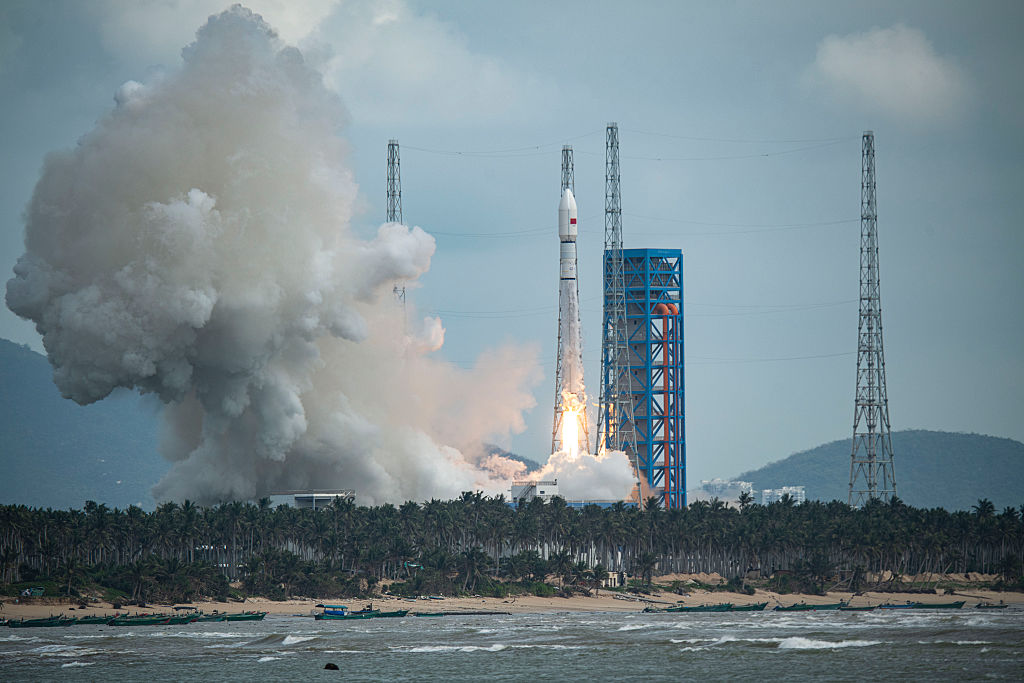China Risks Global Backlash as Its Satellites Aid Russia’s Aggression

China’s satellite support for Russia is pushing the war in Ukraine into Earth’s orbit – and crossing clear red lines of international law.
This is the key conclusion reached by communications specialist and United Ukraine Think Tank expert Volodymyr Kuznetsov in his new article for The Gaze.
The expert notes that the Russian-Ukrainian war has expanded far beyond traditional battlefields. “Today, the battlefield is not only Donbas or the Black Sea, but also Earth's orbit. Russia is increasingly actively using space technologies for guiding strikes on Ukraine, and China, according to intelligence data, helps Moscow obtain satellite reconnaissance.” he explains.
Kuznetsov underlines that such cooperation directly contradicts the 1967 Outer Space Treaty, which both Russia and China ratified. He highlights three key legal breaches:
– space must be used for peaceful purposes and for the benefit of all humanity, providing targeting data for missile strikes is the opposite;
– states bear full responsibility for all national space activities, including those by their commercial actors;
– parties must avoid “harmful interference” in the activities of other states – something military satellite support clearly constitutes.
As a result, under customary international law, a country assisting another in unlawful acts becomes jointly responsible. If Chinese intelligence improves Russia’s ability to destroy power grids, hospitals, and civilian infrastructure, Beijing becomes complicit.
Ukraine’s military intelligence identified Chinese reconnaissance satellites passing over western Ukraine during a major Russian missile attack on October 5. Their positions matched missile flight paths, suggesting targeting assistance.
Kuznetsov adds that China’s satellite constellation – over 260 units, compared to Russia’s roughly 30 – gives Moscow powerful capabilities it cannot generate on its own.
The expert argues that China’s actions may expose it to international lawsuits, including claims under the 1972 Liability Convention, legal arguments of aiding aggression, based on Article 16 of the ILC draft articles, Western sanctions targeting Chinese companies involved in data transfers, and restrictions on joint scientific programs with Europe and the U.S.
Kuznetsov warns that allowing authoritarian powers to militarize orbit unchecked could shatter decades of legal norms: “If the world closes its eyes today, tomorrow space will no longer be a shared domain of humanity but an extension of aggressive military campaigns.”
Ukraine, he concludes, has every right to pursue legal action, demand accountability, and push for an international precedent that protects space from becoming another battlefield.
Read the full article on The Gaze: War in Orbit: Why the Use of Chinese Satellites in Russia's War Against Ukraine Violates International Law